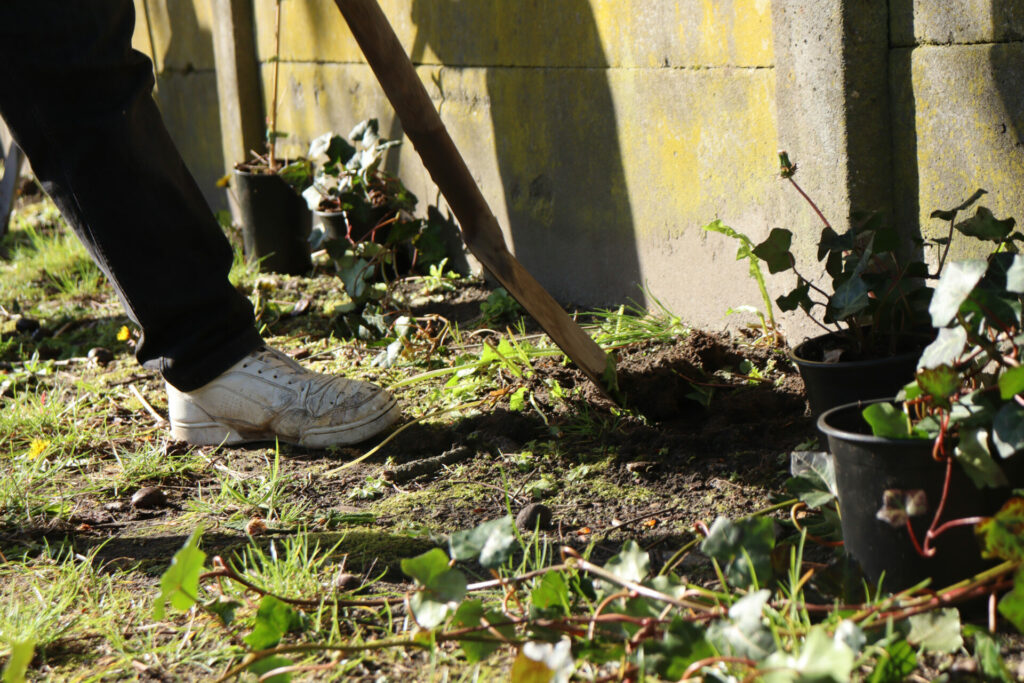Much of the soil in Brussels is heavily polluted, posing a hazard to the region's ecosystems and residents. But a new strategy to improve the quality of its natural spaces aims to change this.
Centuries of industrial activity, dumping waste, leaking sewers, petrol stations and the use of pesticides have contaminated the soil of Brussels. A recent analysis of 800 sites across the region by Brussels Environment showed that 40% of the soil is degraded. According to the stricter EU standards, 98% of the capital's soil would be classified as "degraded".
Soils in Brussels suffer from chemical pollution, compaction, capping and erosion, as well as loss of organic matter, micro-organisms and nutrients. This makes the Brussels environment less able to adapt to the impacts of climate change, making the region less resilient overall.
To improve soil quality – essential for strengthening biodiversity and providing a green living environment – the Brussels Region will implement a 'Good Soil' strategy, the first of its kind in Europe and based on the European Union's Soil Strategy 2030.
"Fighting everything that threatens our soil – pollution, erosion, compaction, hardening – means taking action to improve our environment," said Environment Minister Alain Maron. "If we want a healthy and resilient environment, we need living soil!"
'Concrete' measures
The strategy includes around 50 measures to protect and improve the quality of soils. One of its main objectives is to slow down the hardening of soils.
Another is understanding the soil type through analyses, which are being carried out and mapped, to align its use with the quality. For example, good quality soil will be used for agriculture or nature development, while construction will be concentrated on brownfield sites.
Additionally, public spaces will be gradually softened and greened to allow rainwater to infiltrate and improve soil quality. The region will also focus on awareness raising among professionals and residents.

